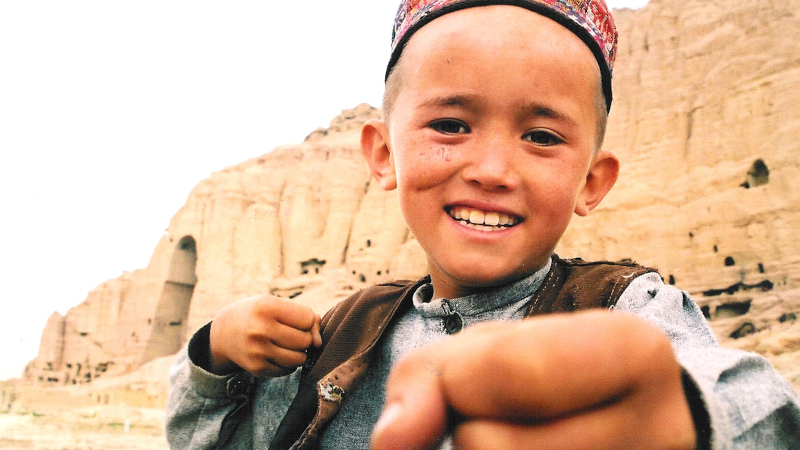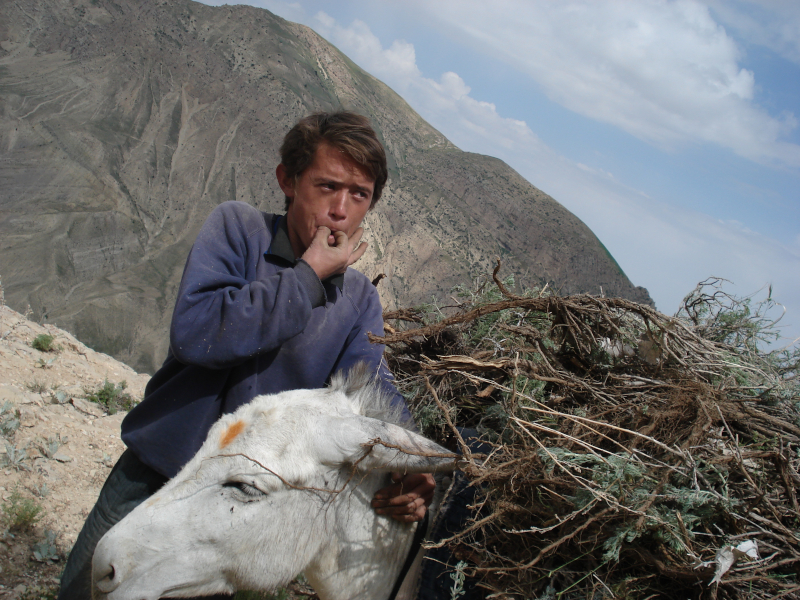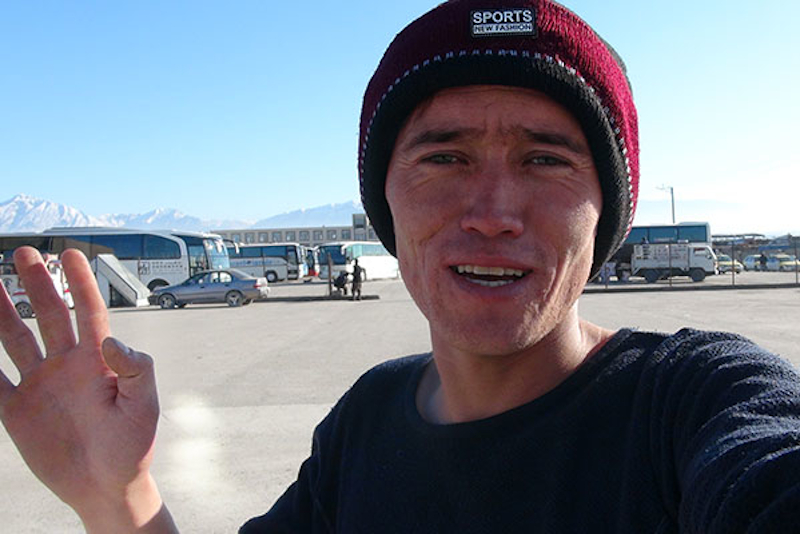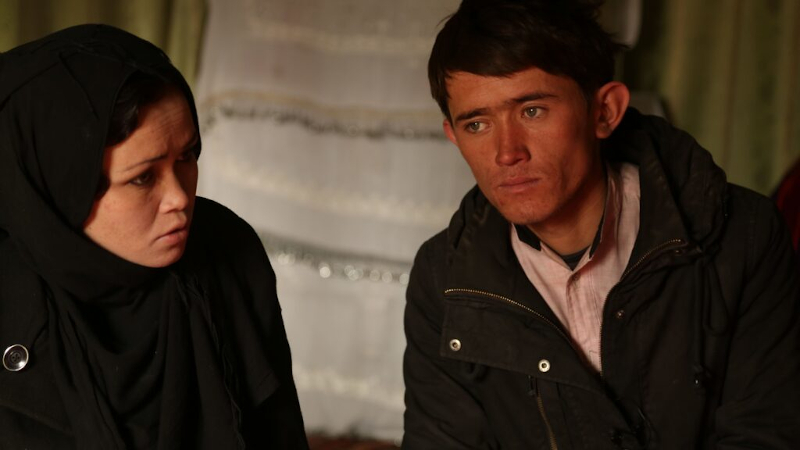Director – Phil Grabsky, Shoaib Sharifi – 2022 – UK – Cert. tbc – 90m
**1/2
The story of a boy from his harsh childhood in a mountain cave through to his life as a husband and father of three in present day Kabul under the Taliban – out in UK cinemas on Tuesday, September 20th
Mir Hussain has already been the subject of two previous Grabsky documentaries The Boy Who Played On The Buddhas Of Bamiyan (2004) and The Boy Mir (2011). The first covers his time as an eight-year-old living in the caves of Bamiyan, beside the remains of the famous monuments which had been destroyed by the Taliban. The second documents his life from eight- to eighteen-year-old. This third film takes a longer view, following Mir’s life from that early period through to the present day.

Afghanistan has undergone huge changes in the last twenty years, from Taliban rule through occupation post 9/11 by NATO forces led by the US to the withdrawal of Western forces, the collapse of the Afghan government and the return to power of the Taliban. That story is related here via clips of various news reports from TV channels all around the globe. Mir’s tale is told in parallel with an inevitable degree of intersection between the two story strands, the personal history in the context of the country’s wider political and military power struggles.
We watch the eternally optimistic Mir playing on mountain slopes as if it was the most natural thing in the world and see him graduate from ploughing a field with donkeys to riding first a bicycle and later a motorcycle. No one has much money and a local man Khoshdel cuts a deal with Mir’s father Abdul, effectively trading their women to be wives as Khoshdel’s mother is swapped for Abdul’s daughter. The arrival of a new, NATO-backed government means the family can return from the cave to their home village of Sheikha, where as his father points out, many buildings have been destroyed and fields ruined.

With American help, the government has built a school for local kids (including girls who had been prohibited from attending under the Taliban), but Mir’s own education is soon interrupted by the need for his family to make money as he’s taken out of school by his father and drafted in to work in the nearby coal mine procuring “black gold”.
As a young man, Mir himself takes a wife in the form of local girl Shukria and the couple soon have kids. The work in the coal mine is hard, so Mir moves to the Northern city of Mazar-e-Sharif in the hope of finding work, but none is forthcoming. This is a place where many survive by becoming street traders, where a boy must sell balloons on the street to survive.
Having been aware of a camera filming him since age eight, Mir fancies becoming a cameraman and asks the film makers if they can help him find work. They help him secure a position of a news cameraman in the capital city Kabul, where much of his time is spent pursuing the latest report of a suicide bomb to obtain broadcast news footage. On one occasion, also used as an opening frame story for the film, a second bomber turns up at the scene to kill any journalists present. Mir refers to this as, “the day I was meant to die”.

An interesting side note: Mir himself contributed some cinematography to the current film.
His work as a cameraman comes to a halt when the office is shut down in July 2020 under COVID-19 restrictions. By 2022, with the Taliban back in power, a title on the screen informs us that he’s now working as a taxi driver.
In attempting to cram a complete personal history and a wider national narrative into its short running length, this turns itself into something of a plod as it struggles to get through all the material: you constantly find yourself wanting to know more about a given episode, but the film denies its subject and the audience the space to do that and swiftly moves on to the next event, which makes for pretty frustrating viewing. Occasional moments get round this limitation, such as when Shukria admits to never having heard of contraception in the village when she became the mother of Mir’s three kids.
On the plus side, it manages to achieve an overview of ordinary Afghan life, with all its hardships and up and downs, in the context of ongoing, cathartic national history. As the big events come and go, and Mir, his mother and his wife express their fears for the future, everyday life carries on. And Mir’s overall optimism for himself and his country, in the face of overwhelming odds, is nothing less than admirable.
My Childhood, My Country: 20 Years In Afghanistan is out in cinemas in the UK on Tuesday, September 20th.
Trailer:
